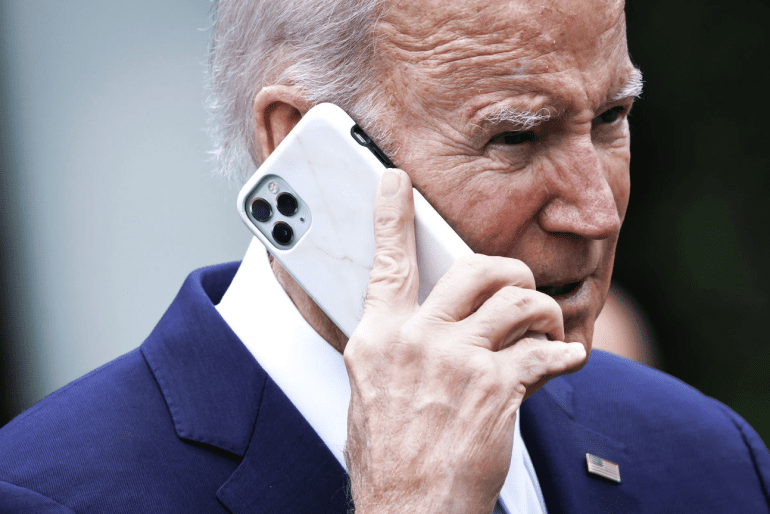- New Hampshire Democrats targeted with AI-generated robocalls impersonating President Biden before primary.
- Swift backlash leads to legal actions against involved companies and calls for regulatory changes.
- FCC clarifies existing regulations to encompass AI-generated voices, signaling crackdown on fraudsters.
- Concerns raised about violation of Voting Rights Act and consumer protection laws.
- Debate ensues over the role of AI in political discourse and the need for stricter regulations.
Main AI News:
Artificial intelligence (AI) is once again under scrutiny following a deceptive campaign tactic in New Hampshire, sparking a flurry of regulatory changes and legal challenges across the region. New Hampshire Democrats were targeted with robocalls prior to their primary, urging them to delay their votes until the general election, with the caller supposedly being President Joe Biden himself. However, it was soon revealed that the voice behind the calls was AI-generated, prompting swift backlash.
In response, New Hampshire authorities took action against the involved companies, issuing cease-and-desist orders and legal suits were filed by the League of Women Voters at both federal and state levels. Celina Stewart, chief counsel at the League of Women Voters of the United States, emphasized that such voter suppression tactics have no place in a democracy.
The Federal Communications Commission (FCC) had already initiated an inquiry into the implications of AI in consumer communications, and the controversy further fueled the debate. State attorneys general called for restrictions on AI usage in marketing calls, expressing concerns about potential misuse and consumer deception.
Following the New Hampshire incident, the FCC issued rulings clarifying that existing regulations encompass AI-generated voices, particularly highlighting the dangers posed by such technology in manipulating voters. FCC Chairwoman Jessica Rosenworcel condemned the use of AI in unsolicited robocalls, signaling a crackdown on fraudsters.
Beyond telecommunications law, the League of Women Voters raised concerns about the violation of the Voting Rights Act. Meanwhile, Massachusetts Attorney General Andrea Campbell issued advisories reminding developers of their obligations under state consumer protection laws.
While major tech companies pledged to adopt precautions against AI misuse, federal government action remains slow. The issue has also reached the Federal Election Commission, with proposals to prohibit deceptive AI in campaign ads facing scrutiny. Commissioner Allen Dickerson stressed the importance of combating fraud in all its forms, regardless of the technology used.
Conclusion:
The controversy surrounding AI robocalls highlights the urgent need for comprehensive regulatory frameworks to address the misuse of artificial intelligence in political campaigning and consumer communications. This incident underscores the importance of proactive measures by both government agencies and industry stakeholders to safeguard democratic processes and protect consumers from deceptive practices. Market players should anticipate increased scrutiny and potential regulatory changes in the AI and telecommunications sectors, necessitating proactive compliance measures and risk management strategies.

